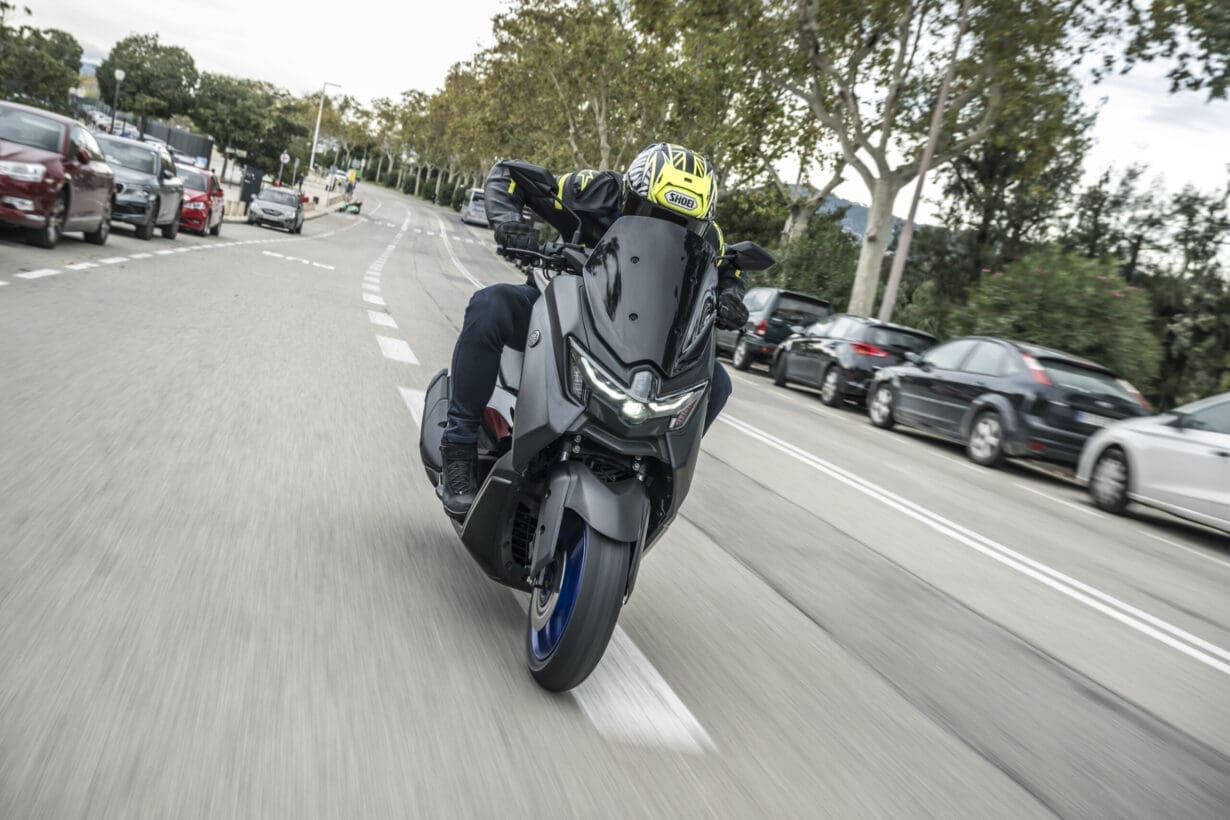Electrical bikes had been as soon as thought-about by many because the shining beacon of the way forward for mobility. This was a couple of years in the past, and the surge in demand through the pandemic period fueled innovation. It drove producers to develop increasingly electrical choices. However the unhappy actuality is that the panorama is altering.
Current months have seen a dizzying variety of EV startups go below. And as disappointing as it could appear, it seems that that is just the start.
Now, if we repair our gaze over to the Netherlands, the electrical motorbike panorama is altering. And it’s certainly not a great story. For fairly some time now, the Netherlands has been dwelling to fairly a couple of EV motorbike startups. However this might all be about to vary, because the Dutch authorities has determined to use an enormous tax on EV two-wheelers via its BPM, or “Belasting van Personenauto’s en Motorrijwielen,” also called personal car tax.
Let’s dive somewhat bit deeper. An electrical automotive that emits zero pollution will get its BPM waived utterly. Nonetheless, a motorbike—electrical bikes at the moment are a part of this—will get a BPM of 19.4 p.c minus 210 euros (round $216 USD).
![]()
Picture by: Zero Bikes
Count on electrical bikes from the likes of Zero to shoot up in value within the Netherlands.
An article from the Dutch electrical motorcycling publication The Pack places this quantity into perspective. It exhibits us two in style commuter fashions, particularly the Yamaha Tracer 900 and the Energica Experia. From 2025 onward, the Tracer will retain its €16,299 (round $16,740 USD) price ticket, whereas the Energica will see its price ticket soar from €30,451.80 (approx. $31,275 USD) to €35,010 (round $35,958 USD). This €4,559 ($4,682 USD) improve is solely as a result of imposition of BPM on electrical bikes. And certainly, it’s a sum hefty sufficient to have potential patrons second-guessing their buy selections.
One other main hurdle comes within the type of the elimination of subsidies beforehand provided to EV motorbike patrons. Beforehand, they didn’t need to pay street tax, together with the beforehand talked about BPM tax breaks. Nonetheless, from 2025, EV motorbike homeowners will now need to pay street tax. So to make that clear, people who purchase electrical bikes from 2025 onward won’t solely need to pay an enormous personal car tax, they’ll additionally now need to pay street tax, too. Speak about including insult to damage.
However issues get even worse. In comparison with different elements of Europe, the Netherlands isn’t tremendous massive on bikes. Visordown explains that round 700,000 bikes plied the Netherlands’ roads in 2023—round half that of the UK’s 1.3 million bikes, and minuscule when in comparison with the US’ 8.8 million bikes. So plainly bikes and their riders should not on the prime of the Dutch authorities’s agenda, and it would simply be utilizing electrical bikes as a simple goal to make a couple of further Euros within the course of.
And that sucks. Large time.
At a time when the way forward for mobility may be very a lot in query, governments stifling innovation by slapping on huge taxes does completely zero favors for anybody—not simply inside the Netherlands, however everywhere in the world, too.
Now I get it. The image is a lot greater than simply bikes. As talked about earlier, bikes play a slightly small half within the Dutch mobility sector, however that’s to not say they’re value nothing. The worldwide motorbike trade has trundled ahead, displaying development yr after yr. And with Europe’s final purpose of decongestion and carbon-neutrality, electrical two-wheelers maintain the most important potential for widespread change.
For sure, the brand new taxes imposed on electrical two-wheelers within the Netherlands is an enormous step again, not only for the nation, however for the European Union’s targets of attaining carbon neutrality by 2050.







